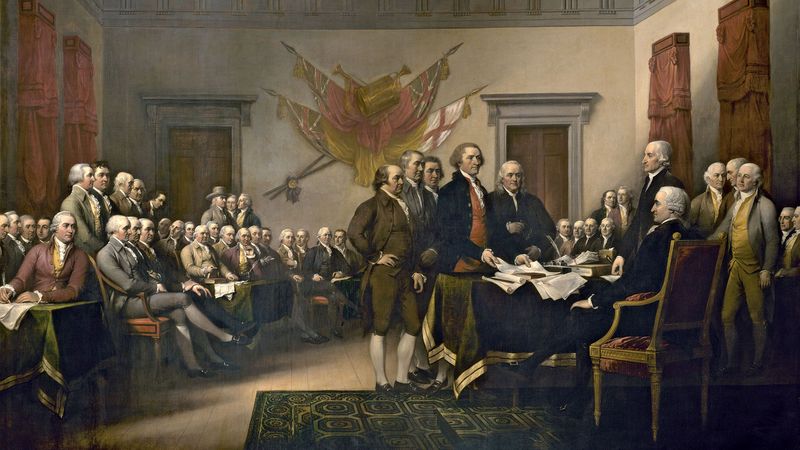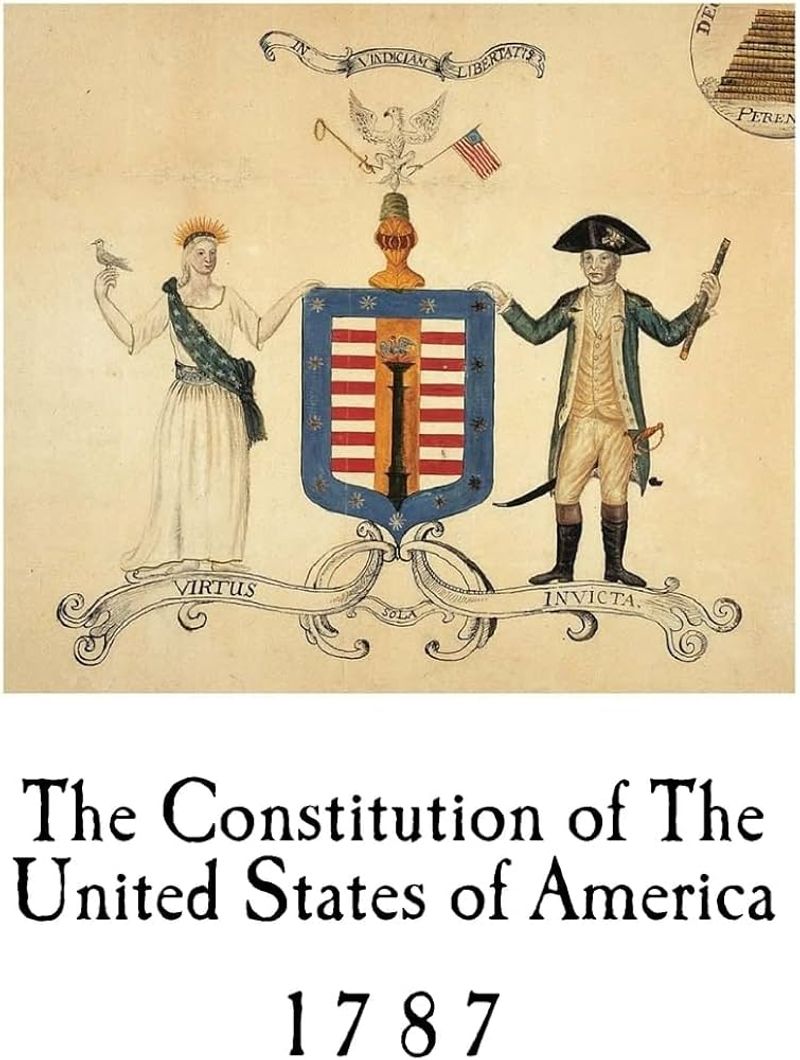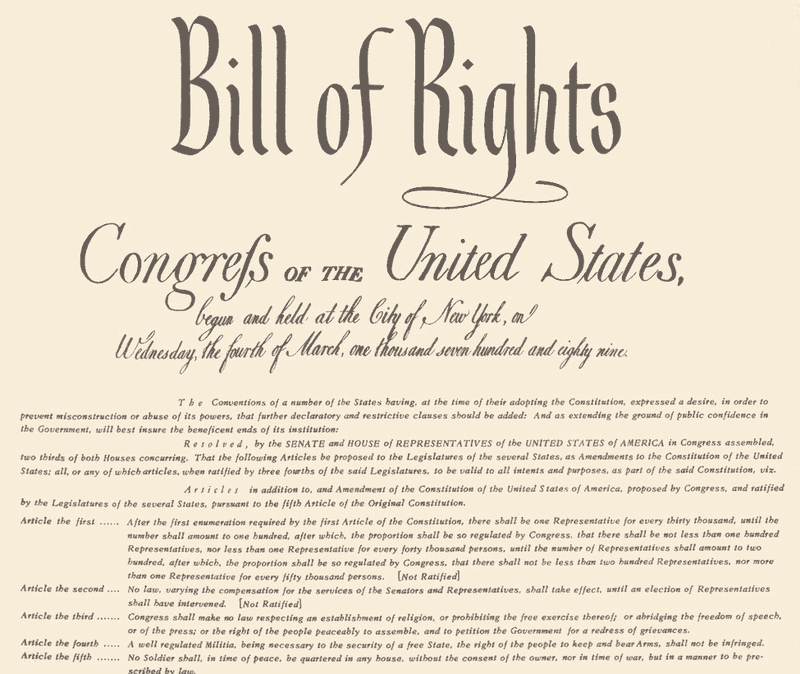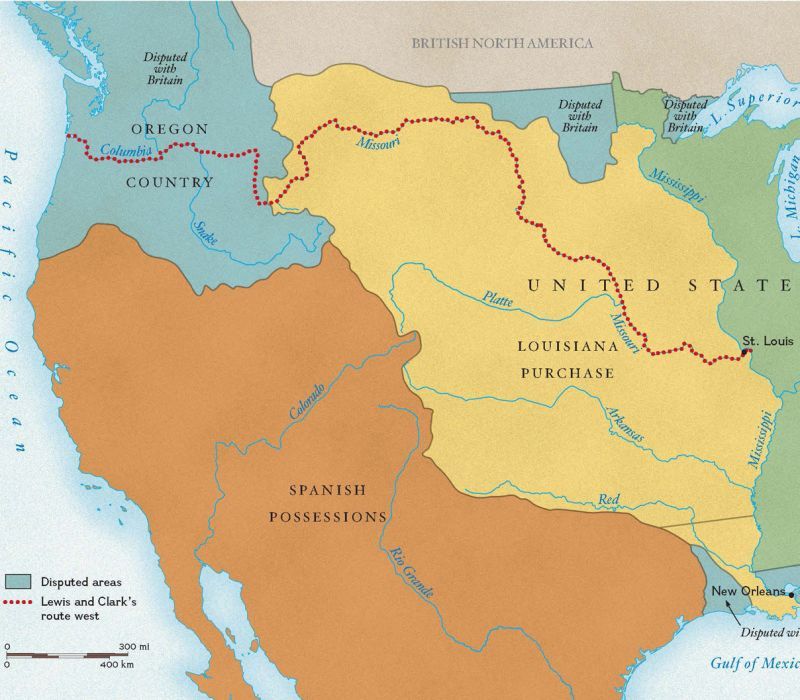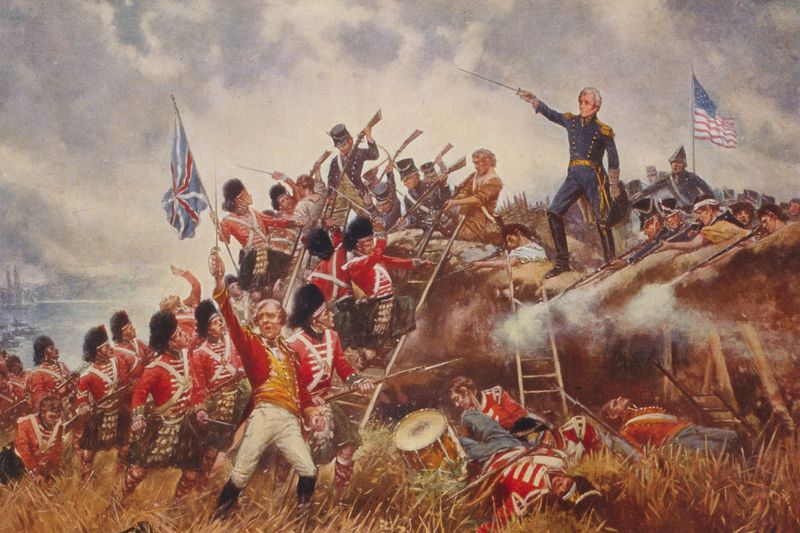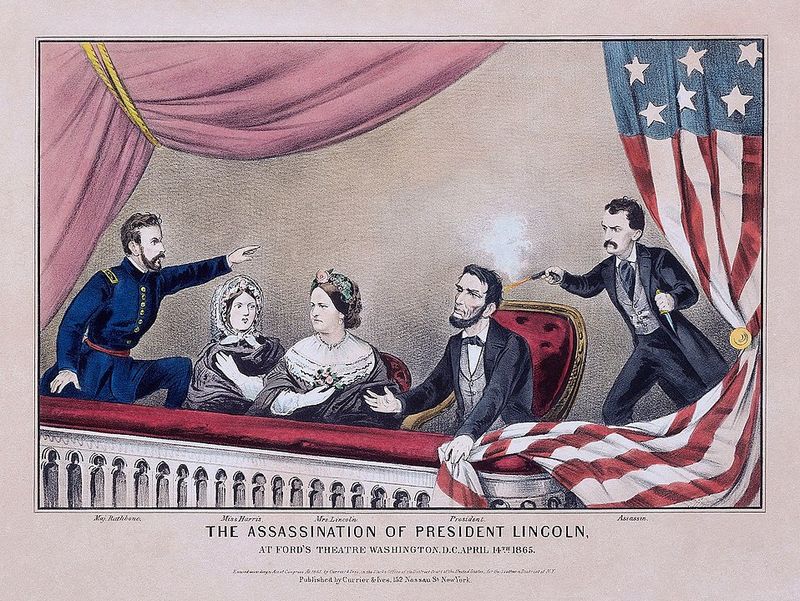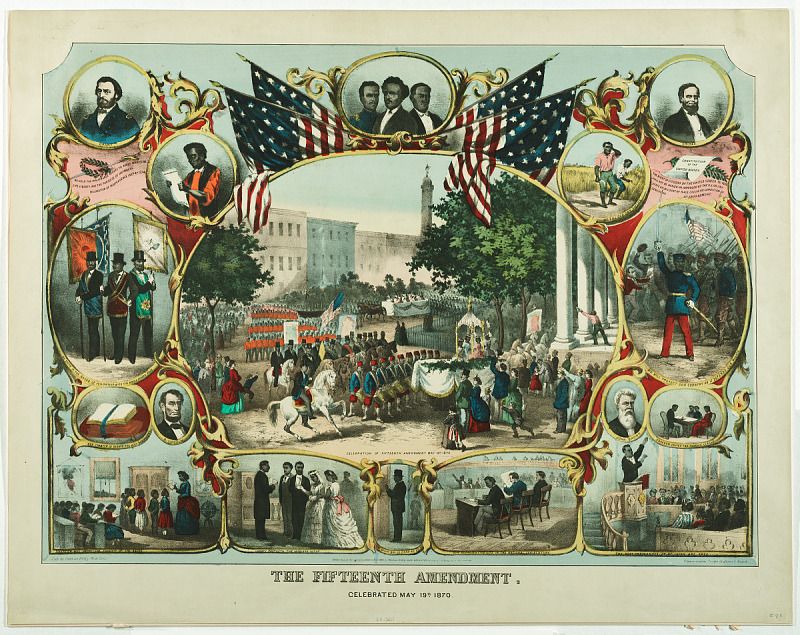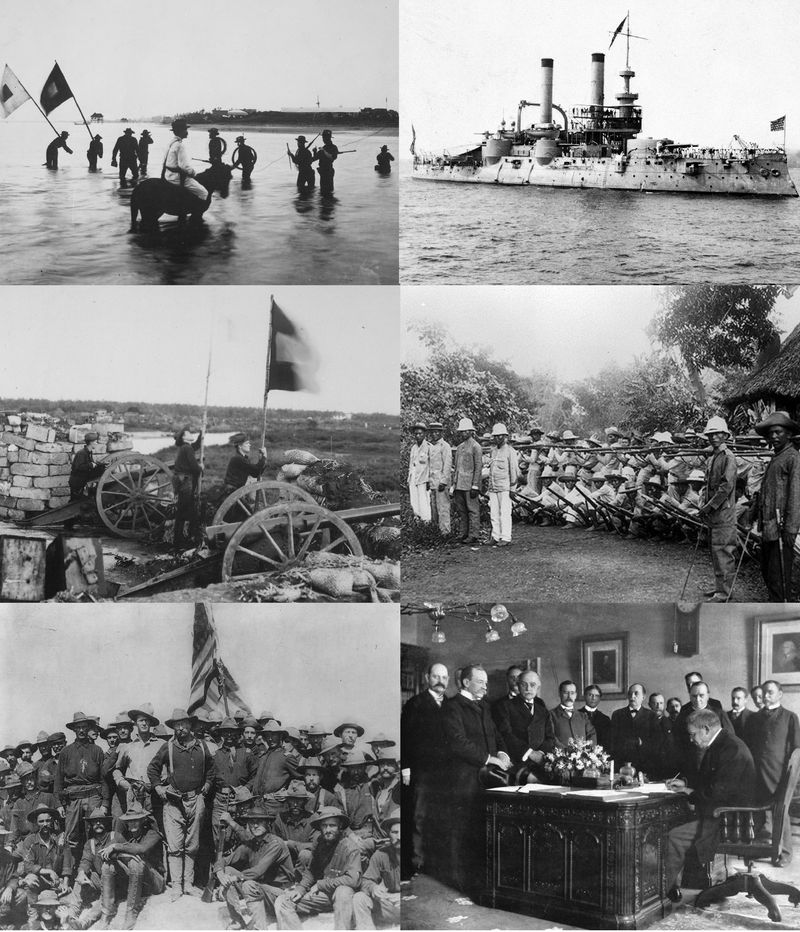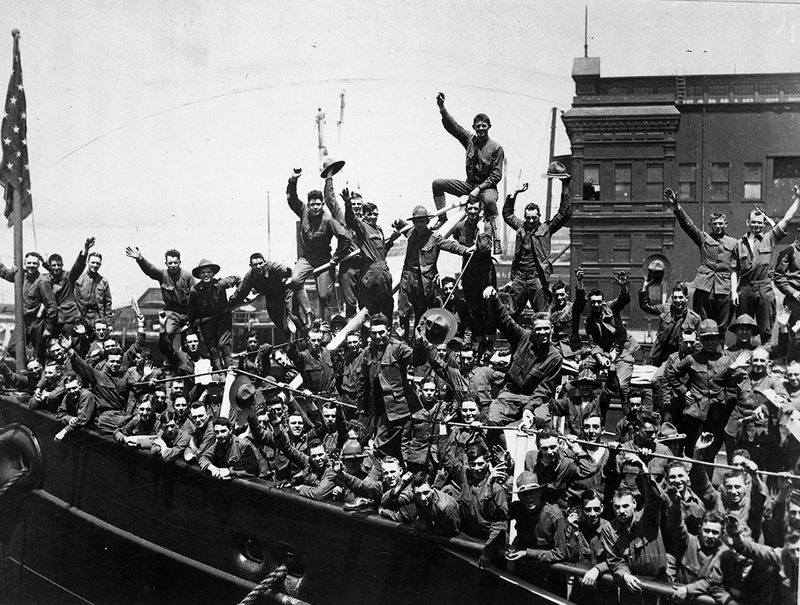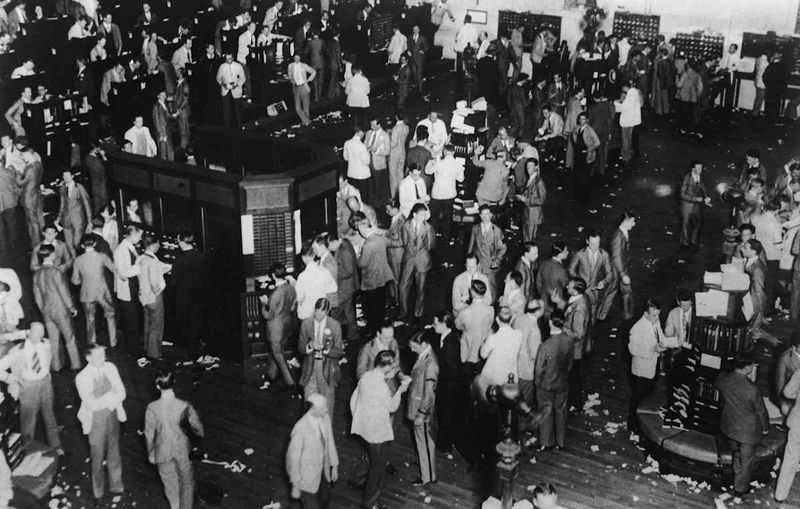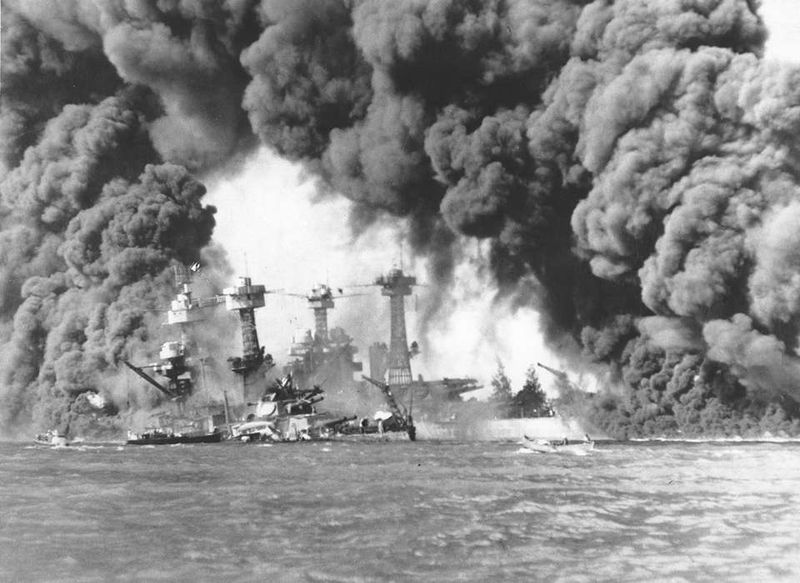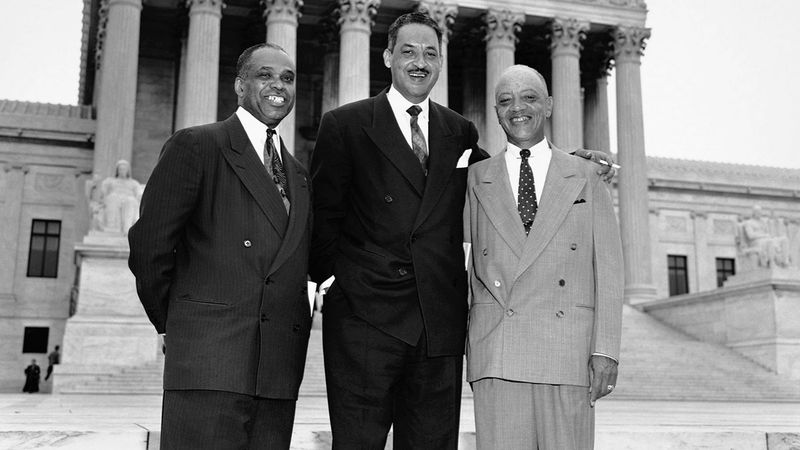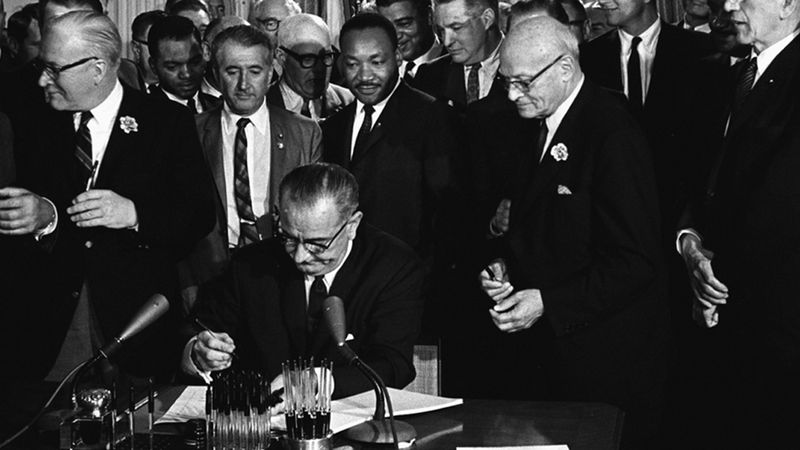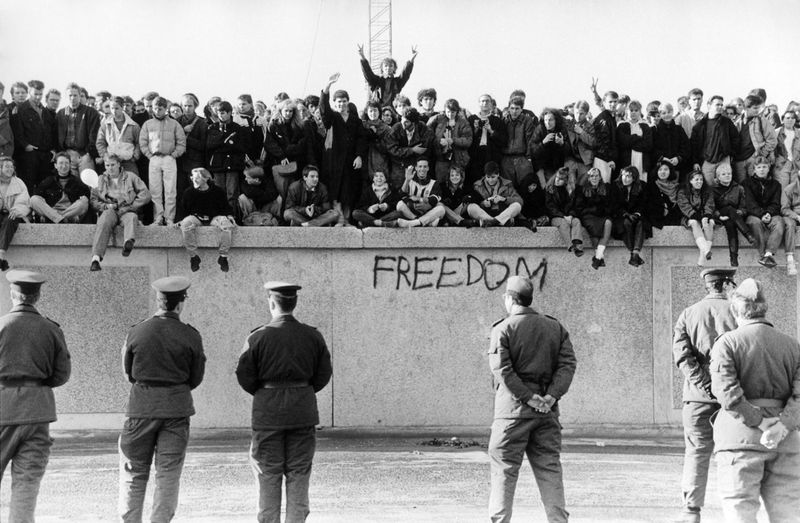Explore the pivotal years that have significantly influenced the course of American history.
From the bold declaration of independence to groundbreaking civil rights achievements, each year represents a critical turning point.
This journey through time highlights the moments that have defined the nation, shaped its identity, and altered its trajectory.
1. 1776 – Declaration of Independence
In 1776, a group of visionary leaders gathered in Philadelphia to draft a document that would change the course of history. Amidst the noise of the city, they penned the Declaration of Independence, a bold statement severing colonial ties with Britain. This document was more than just a declaration; it was a promise of freedom and a new beginning.
Their words echoed the desires of a nation yearning for self-governance and liberty. With each stroke of the pen, they laid the foundation for a country where individual rights and democracy would flourish. This was the birth of a new nation.
2. 1787 – U.S. Constitution Drafted
In the sweltering summer of 1787, delegates convened at the Philadelphia Convention to draft a new constitution. The air was thick with debate and anticipation as they crafted a document that would establish the framework for American government.
This constitution was more than just words on parchment; it was a blueprint for democracy, outlining the rights and responsibilities of a new nation. Each clause and amendment reflected compromise and vision, aimed at securing a just government. The Constitution remains a living testament to the ingenuity and foresight of its framers.
3. 1791 – Bill of Rights Ratified
In 1791, the Bill of Rights was ratified, marking a significant step in the protection of individual freedoms. This collection of ten amendments was crafted with care, aiming to safeguard liberties such as speech, assembly, and religious practice.
The Bill of Rights was a beacon of hope for a young nation, promising citizens a government that would respect their rights. It underscored the belief that a just society must protect its people from tyranny. This vital addition to the Constitution continues to inspire and protect American citizens to this day.
4. 1803 – Louisiana Purchase
The Louisiana Purchase in 1803 was a monumental event that doubled the size of the United States overnight. President Thomas Jefferson, with a vision for expansion, seized the opportunity to acquire vast lands from France at an incredible bargain.
This purchase opened the West for exploration and settlement, igniting dreams of prosperity and adventure. It marked the beginning of America’s rise as a continental power, offering vast resources and opportunities. The acquisition of this territory reflected Jefferson’s ambition and foresight, setting the stage for westward expansion.
5. 1812 – War of 1812 Begins
The War of 1812, often dubbed America’s second war for independence, began amidst rising tensions with Britain. This conflict was fought on both land and sea, with battles that tested the young nation’s resolve.
Patriotic fervor swept across the country as citizens rallied to defend their newfound independence. The war, marked by iconic moments such as the burning of Washington, D.C., and the defense of Fort McHenry, was a testament to American resilience. Its conclusion reaffirmed the nation’s sovereignty and boosted national pride, shaping the future of U.S. diplomacy.
6. 1861 – Civil War Begins
The Civil War erupted in 1861, a tumultuous time when the nation was torn apart by issues of slavery and states’ rights. This bloody conflict pitted North against South, brother against brother, in a struggle for the nation’s soul.
Amidst the smoke and chaos of battlefields, ideals clashed violently, leading to immense suffering and loss. The war was a watershed moment in history, ultimately leading to the abolition of slavery and redefining the United States. It shaped the nation’s path toward unity and equality, leaving an indelible mark on its conscience.
7. 1865 – Civil War Ends / Lincoln Assassinated
In 1865, the Civil War drew to a close, bringing relief to a battered nation. Yet, joy was tempered by tragedy as President Abraham Lincoln was assassinated, leaving the country in mourning.
His leadership had guided the Union through its darkest days, striving to mend a fractured nation. Lincoln’s vision of reconciliation and equality lingered, even as his untimely death cast a shadow over the victory. The end of the war signaled the abolition of slavery, while his assassination underscored the immense challenges ahead in healing and rebuilding.
8. 1870 – 15th Amendment Ratified
The ratification of the 15th Amendment in 1870 was a significant milestone in the fight for civil rights. This amendment granted African American men the right to vote, a triumph in the long struggle for equality.
Hope and optimism filled the air as newly enfranchised citizens exercised their rights, shaping the future of American democracy. This monumental achievement was the result of tireless advocacy and sacrifice, paving the way for future generations. It marked a powerful step toward equality, though the journey was far from over, with challenges still to be faced.
9. 1898 – Spanish-American War
The Spanish-American War of 1898 was a brief yet transformative conflict that propelled the U.S. onto the world stage. Fueled by a desire to assist Cuban independence and incidents like the sinking of the USS Maine, America went to war against Spain.
In a series of swift victories, the U.S. emerged as a global power, acquiring territories such as Puerto Rico, Guam, and the Philippines. This war marked the beginning of American imperialism, reshaping its foreign policy and global influence. It was a turning point that established the U.S. as a major player in international affairs.
10. 1917 – U.S. Enters WWI
In 1917, the United States entered World War I, altering the course of the conflict and asserting its role on the global stage. Amidst the devastation in Europe, American forces brought fresh hope and manpower to the weary Allies.
The involvement of the U.S. in this Great War marked a shift in international dynamics, with America taking on a leadership role. The war tested the nation’s resolve and resources, leaving a profound impact on its society and economy. This entry into global warfare was a defining moment, shaping America’s future as a world power.
11. 1929 – Stock Market Crash
The Stock Market Crash of 1929 was a catastrophic event that triggered the Great Depression. On this fateful October day, the financial markets collapsed, sending shockwaves through the American economy.
Panic spread like wildfire as investors faced ruin, and businesses shuttered their doors. This economic turmoil led to widespread unemployment and hardship, reshaping the nation’s financial landscape. Families struggled to survive, and the government was forced to intervene with new policies. The crash marked the beginning of a decade-long struggle to recover and rebuild, leaving lasting scars on the national psyche.
12. 1941 – Pearl Harbor Attack
The attack on Pearl Harbor in 1941 was a defining moment that thrust the United States into World War II. On a quiet Sunday morning, Japanese forces launched a surprise assault on the naval base in Hawaii, catching America off-guard.
The devastation was immense, with ships ablaze and hundreds of lives lost. This unprovoked attack galvanized the nation, uniting Americans in a collective resolve to fight back. It marked a turning point in world history, as the U.S. joined the Allies in a global struggle against tyranny, forever altering its role on the world stage.
13. 1945 – WWII Ends / U.N. Founded
In 1945, the world heaved a sigh of relief as World War II came to an end. Cities erupted in celebration, with jubilant crowds marking the return to peace and normalcy.
This victory was not just military but also ideological, affirming democracy and freedom. As the world rebuilt, the United Nations was founded, symbolizing hope for a future without war. This international body aimed to foster cooperation, peace, and security among nations. The end of the war and the founding of the U.N. were pivotal in shaping post-war global dynamics.
14. 1954 – Brown v. Board of Education
The Brown v. Board of Education decision in 1954 was a landmark moment in the fight for civil rights. This Supreme Court case challenged the legality of racial segregation in public schools, arguing for equality and justice.
The unanimous ruling declared that “separate but equal” was inherently unequal, paving the way for desegregation. This moment was a beacon of hope in the struggle for civil rights, inspiring further activism and change. It marked the beginning of a new era in American society, affirming the principle that education is a right for all.
15. 1963 – March on Washington / JFK Assassinated
1963 was a year of profound change and tragedy, marked by the March on Washington and the assassination of President John F. Kennedy. The march was a powerful demonstration for civil rights, with Martin Luther King Jr. delivering his iconic “I Have a Dream” speech.
Hope and unity filled the air as people rallied for justice and equality. Yet, the nation was soon plunged into sorrow as JFK was tragically shot, leaving an indelible mark on the American psyche. This year was a turning point, highlighting both the promise and peril of the era.
16. 1964 – Civil Rights Act Passed
The passage of the Civil Rights Act in 1964 was a monumental achievement in the quest for racial equality. This landmark legislation outlawed discrimination based on race, color, religion, sex, or national origin.
The act was the result of years of tireless activism and struggle, symbolizing a new era of justice and opportunity. Hope surged as barriers fell, and doors opened for countless Americans. This pivotal moment marked a profound shift in societal values, fostering a more inclusive and equitable nation. The Civil Rights Act remains a cornerstone of American democracy.
17. 1969 – Apollo 11 Moon Landing
The Apollo 11 moon landing in 1969 was a breathtaking achievement that captivated the world. As Neil Armstrong took his first steps on the lunar surface, he uttered the famous words, “That’s one small step for man, one giant leap for mankind.”
This moment symbolized the pinnacle of human exploration and technological prowess, uniting people in awe and admiration. The successful mission was a testament to human ingenuity and ambition, inspiring generations to dream big. It marked a milestone in space exploration and a shining example of what can be achieved through determination and innovation.
18. 1989 – End of Cold War Begins
The end of the Cold War began in 1989, a year that saw the winds of change sweep across Eastern Europe. The fall of the Berlin Wall symbolized the collapse of communist regimes and the triumph of democracy.
Jubilant crowds celebrated as barriers fell, heralding a new era of freedom and unity. This moment marked the beginning of the end for the Cold War, a decades-long ideological struggle between East and West. It reshaped global politics, fostering cooperation and peace in a world long divided by tension and distrust.
19. 2001 – September 11 Attacks
The September 11 attacks in 2001 were a devastating event that forever altered the course of American history. On that fateful morning, terrorists hijacked planes and attacked the World Trade Center and the Pentagon, causing unprecedented destruction.
The nation watched in horror as the Twin Towers fell, claiming thousands of lives and leaving a profound scar on the American psyche. This tragedy galvanized a nation, leading to the War on Terror and significant changes in foreign and domestic policy. It marked a turning point that redefined security and resilience in the 21st century.
20. 2008 – Barack Obama Elected
The election of Barack Obama in 2008 was a historic moment, marking the first time an African American became President of the United States. His victory was a symbol of hope and progress, reflecting a nation ready for change.
Obama’s election was not just a political triumph but a cultural milestone, inspiring millions with his message of “Yes We Can.” It was a testament to the enduring promise of the American dream, embodying ideals of equality and opportunity. His presidency ushered in a new era of leadership and vision, setting the stage for future generations.

